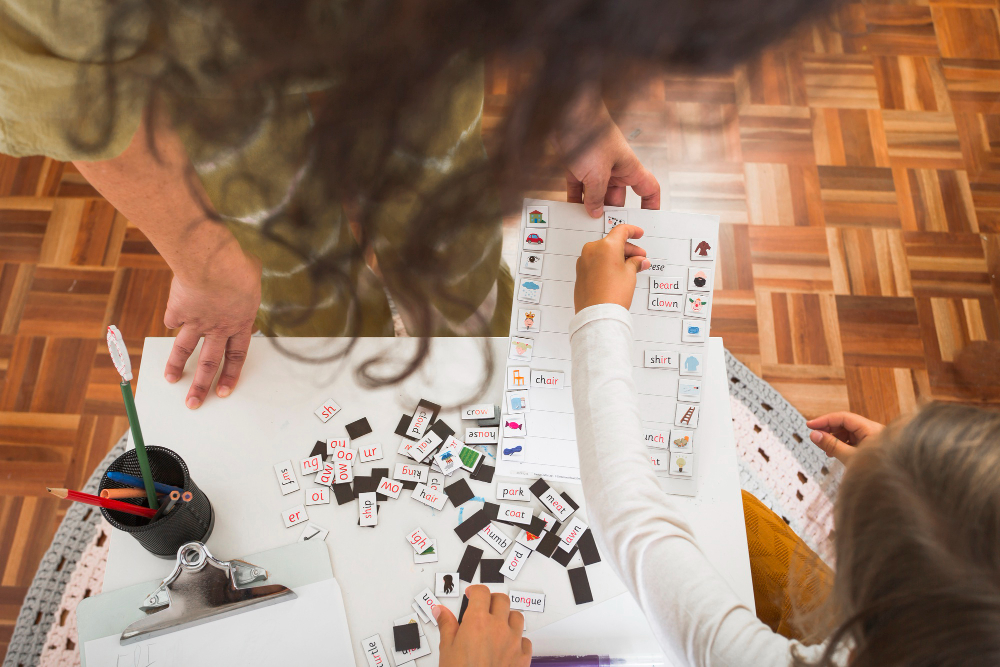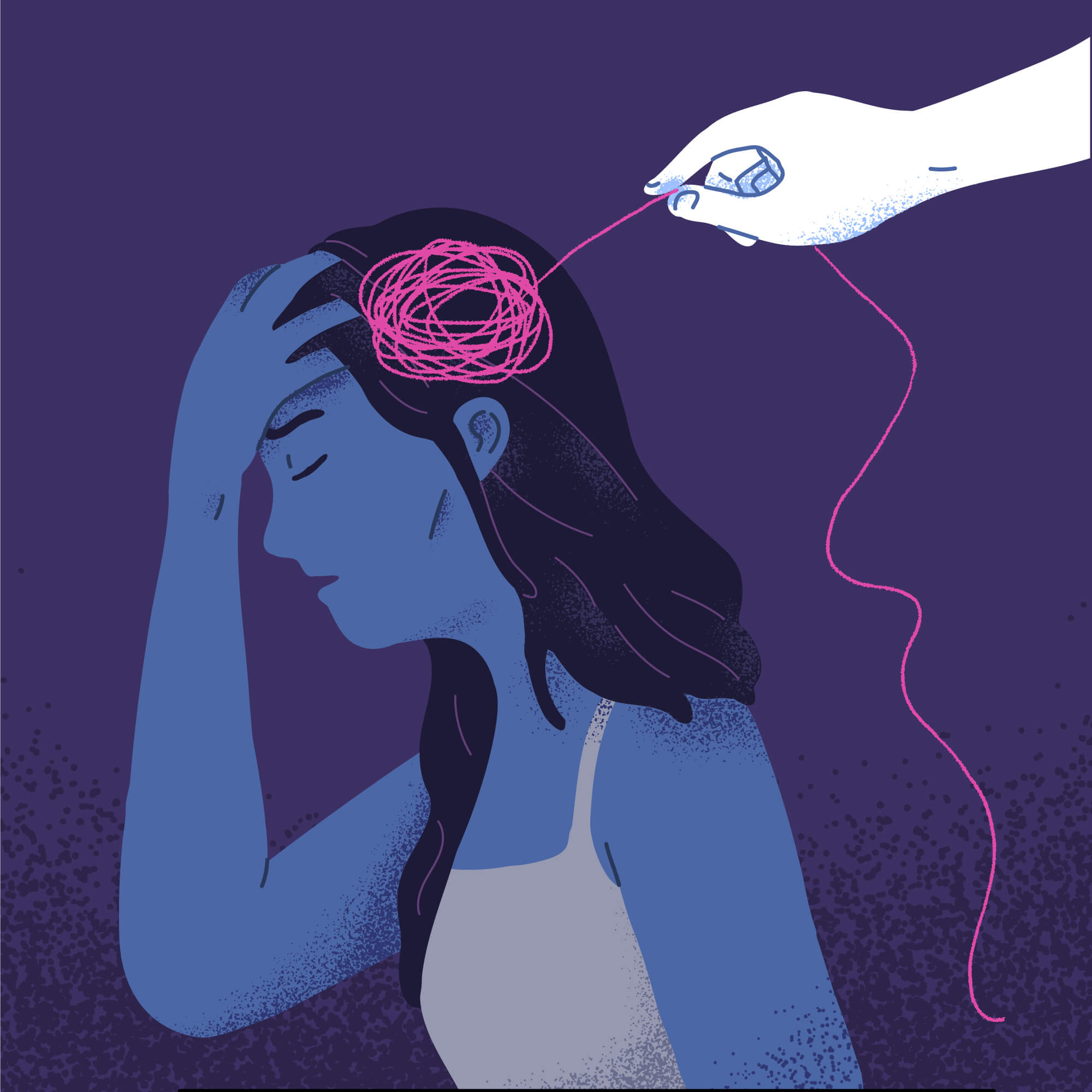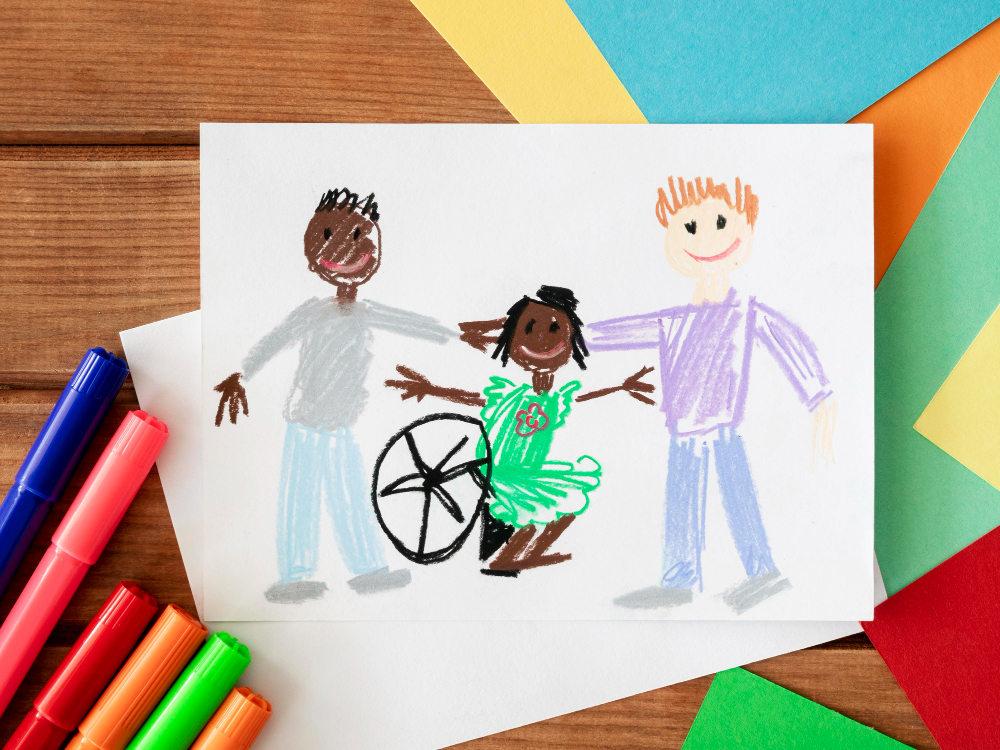Why school systems should reject behaviourist programs disguised as mental health support.
Our daughter was melting down almost every day after school. She would cling to me at drop-off like she was drowning—like she had to hold onto me or she would lose herself, unable to breathe, unable to bear it. She was already telling us, through her body and her terror, that something was deeply wrong. We asked for help. This is what we got.
The referral that revealed everything
When my child began to unravel, the first solution offered by the psychiatry department at BC Children’s Hospital wasn’t therapy, or trauma-informed care, or autism-informed support—it was a referral to a program called Confident Parents: Thriving Kids.
By then, we had already been through the diagnostic process with our son, but our daughter’s profile was misunderstood—likely because of the gendered biases still rampant in how professionals perceive autism in girls. They didn’t see her autism, so they sent us to a behaviourist parenting program. And because I was working every week, her father attended the sessions while I worked.
I only began to understand the scope of the harm later, when the email attachments started coming through. But by that time, the damage was already unfolding—quietly, thoroughly, and under the banner of support.
A workbook full of praise, token economies, and instructions for hourly behaviour tracking—the delivery system for a worldview that recasts distress as defiance and difference as disobedience. A program that calls itself support, but trains parents to become behaviour monitors. The workbook begins with praise, and ends with plastic chips.
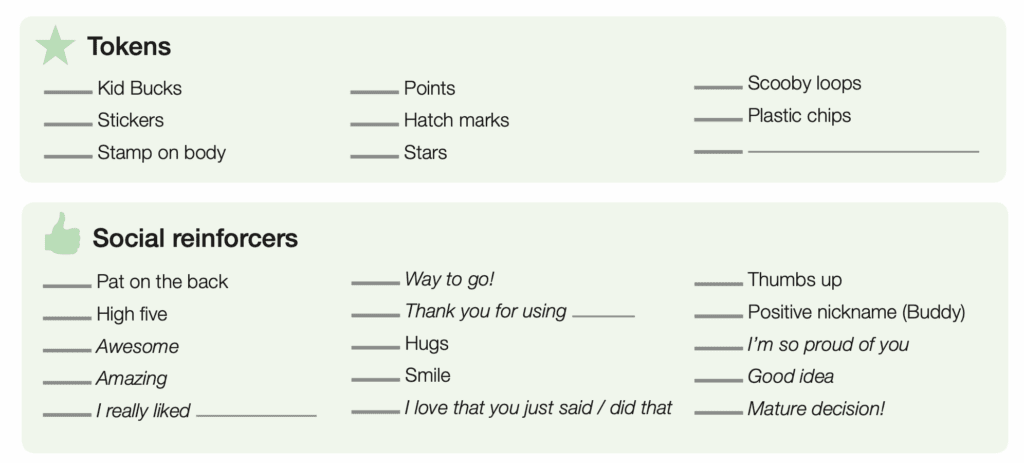
Token systems don’t heal anxiety—they train obedience
In Session 3, you’re taught to create a “token economy.” Identify desired behaviours. Assign Scooby Loops or Kid Bucks for each success. Build a menu of rewards: lip gloss, later bedtimes, a hug. Track them hourly. Praise the child. Roleplay. Rehearse.
Nowhere in the program do they ask what the child is avoiding. Nowhere do they examine whether the anxiety stems from sensory overload, school trauma, identity erasure, or relentless masking. Nowhere do they explore co-regulation, environmental adaptation, or the possibility that the child is protesting something real.
Instead, they reframe distress as failed cooperation—and teach parents to redirect it into transaction.
-
Why sticker charts fail
Sticker charts and other incentive-based systems promise to motivate children through tangible rewards, yet they too often undermine genuine engagement by teaching students to focus on external validation rather than on the inherent value of learning or participation. When a child’s behaviour is…
The silence is an admission
In recent years, families are quietly reporting that Thriving Kids has begun rejecting autistic children from the program. The official reason given is that the program was not designed for autistic children, a statement that cloaks the more unbearable truth: that the program is a form of behavioural training that teaches masking, compliance, and emotional suppression—and that for autistic children, these practices are not just ineffective, but dangerous.
Teaching masking is teaching self-erasure; it aligns with distress, burnout, and early death. It is possible they have begun excluding autistic participants because the program has become ethically or legally indefensible—a quiet retreat from liability. But they do not say that. They simply say it was never meant for them.
Yet this rejection is the most honest part of the program. Because in withdrawing autistic children from the primary provincial model of token-based parenting education, the experts have silently acknowledged what families have known all along: behaviourist methods harm neurodivergent children.
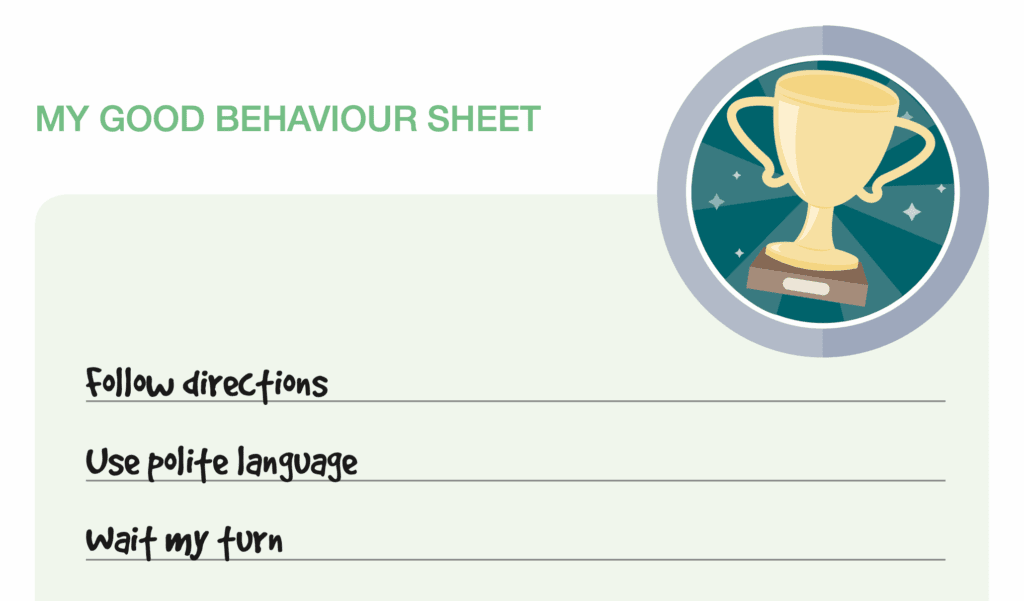
This is not a philosophical difference. This is a crisis of ethics and evidence. The public health system has now signalled that token economies are contraindicated for autistic children—and that truth should reverberate through every school board, every professional training, and every district initiative. POPARD should know this. The Urgent Intervention Program (UIP) should know this. Every teacher in British Columbia still using a good behaviour chart should ask why the healthcare system quietly walked away from it.
Because if the model is too harmful for healthcare to endorse, it is far too harmful for schools to embed.
This program cannot accommodate demand avoidance. It cannot account for sensory needs. It cannot tolerate noncompliance as communication.
It is a program built to fix children through parental control.
-
Non-coercive, trauma-informed alternatives to PBS/ABA in BC schools
Positive Behaviour Support (PBS) and Applied Behaviour Analysis (ABA) are behaviourist approaches widely used in schools to manage student behaviour. However, a growing chorus of neurodivergent advocates, educators, and researchers highlight that these methods often prioritise compliance and “normalising” behaviour over student well-being rcpsych.ac.uk. By focusing…
The damage wasn’t theoretical—it landed in our home
What Confident Parents, Thriving Kids gave us was not confidence and not thriving. It gave us a handbook of quiet cruelty. It gave my child’s other parent the illusion of control, a manual of token economies and reinforcement schedules that framed distress as disobedience and recovery as rewardable performance. It handed him a script, and he followed it—because the doctor said this was support, because the program looked official, because it came with worksheets and a cheerful logo and the word evidence stamped across the cover.
The more my ex followed the program, the more strained our conversations became. He began to speak in terms that felt foreign to the kind of parenting I believed in, leaning into structure and scripts that clashed with everything we had learned from neurodivergent-affirming practitioners. Our child was treated as a behavioural subject, not a whole person.
This program did not bring clarity or connection. It introduced division, and its legacy remains complicated.
-
The unseen wounds of advocacy: caregiver burnout, moral injury, and embodied grief
Caregiver burnout in BC schools reflects moral injury and systemic betrayal, as mothers fight exclusion and harm while advocating for disabled children.
Schools are watching—and absorbing the same logic
The deeper danger lies not only in what happens at home, but in what these frameworks teach schools to expect. Confident Parents, Thriving Kids reinforces the belief that all behaviour is a choice, that all regulation is learnable through repetition, and that parents must simply be firmer, more consistent, more rewarding. When schools receive children who “failed” the program, they assume the problem is parenting—or worse, defiance.
This logic flows directly into school behaviour plans, fuelling sticker charts, token economies, withheld pizza parties, and punitive discipline framed as motivation, all of which erase disability, silence grief, and obstruct genuine co-regulation.
-
Compliance discourse vs. disability justice in BC’s education system
Official VSB documents reveal an emphasis on student compliance and disciplinary consequences, with little mention of disability accommodations. For example, the VSB’s District Code of Conduct underscores “a fair and consistent range of consequences, including suspension and change in educational programming, for student…
Compliance is not mental health
Mental health support for children should begin with listening, safety, sensory awareness, and collaborative adaptation. It should honour the wisdom of refusal. It should look for trauma and build bridges for victims. It should help parents build real connection, not conditioned praise.
When our systems send families a token sheet instead of meaningful care, they teach us to ignore the root of distress. They teach us to polish the symptoms. They reward masking. And they punish truth.
We need a new foundation
Schools must stop importing behaviourist logic from healthcare. And healthcare must stop exporting programs that treat children like vending machines for good behaviour.
We need supports designed for neurodivergent children. We need programs rooted in interdependence, autonomy, and dignity. We need a system that sees our kids as fully human—even when they refuse to smile. And we need to name clearly, without euphemism or delay, that token economies belong in the past.

Survivors of Thriving Kids
A space for families harmed by token-based parenting programs


